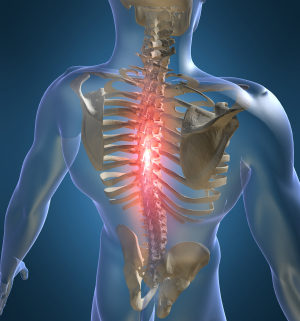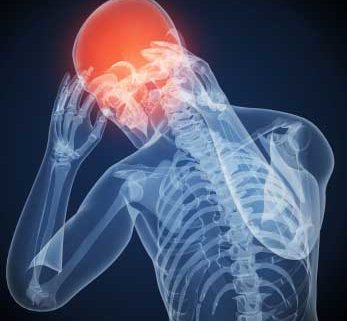What’s included in an anti-inflammatory diet?
Joint pain is one of the most common health problems for adults across the world. While there are medical and therapeutic treatments that can help to provide the individual with relief, there are also some lifestyle changes that can be beneficial. One of the lifestyle changes that might be recommended for people who suffer from joint pain is to switch to an anti-inflammatory diet. The basic idea behind anti-inflammatory diets is to eat foods that help to reduce and prevent inflammation.
Along with eating foods that help to combat and prevent inflammation, most anti-inflammatory diets aim to reduce the consumption of foods that can lead to inflammation. An anti-inflammatory diet would recommend that the individual avoid foods that include saturated and trans fats, omega 6 fatty acids, refined carbohydrates, like sugars and starches, and it would also recommend that you avoid processed foods.
Consumers might find that there are a variety of books and doctors that offer anti-inflammatory diets and while they are not all exactly the same, the basic idea and much of the nutrients that they are looking to add to the diet are the same. An anti-inflammatory diet will recommend the consumption of foods that are rich in omega 3 fatty acids, fresh fruits and vegetables, whole grains, lean proteins and certain spices that have anti-inflammatory properties.
This type of diet might be used as part of the overall treatment strategy for a condition that involves joint pain. A doctor might recommend that you cut certain things from your diet and add others in. In many cases, patients will be able to find specific recipes for foods that they already enjoy, that have anti-inflammatory ingredients added. Many doctors even believe that anti-inflammatory diets can have other health benefits, such as an improvement in heart health.
For serious joint pain conditions, an anti-inflammatory diet will not be the complete solution to the problem. The doctor may also recommend weight loss, physical therapy or drugs. The diet is usually just one part of a comprehensive plan to address the problem. Along with a specialized diet and medicinal care, the doctor may recommend other lifestyle changes.




